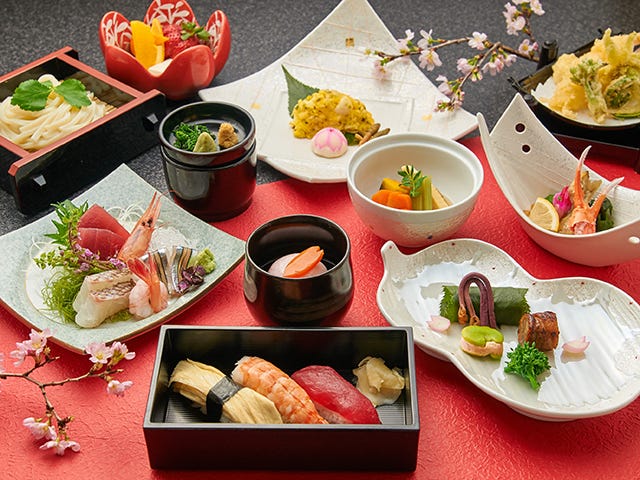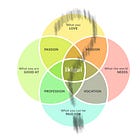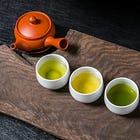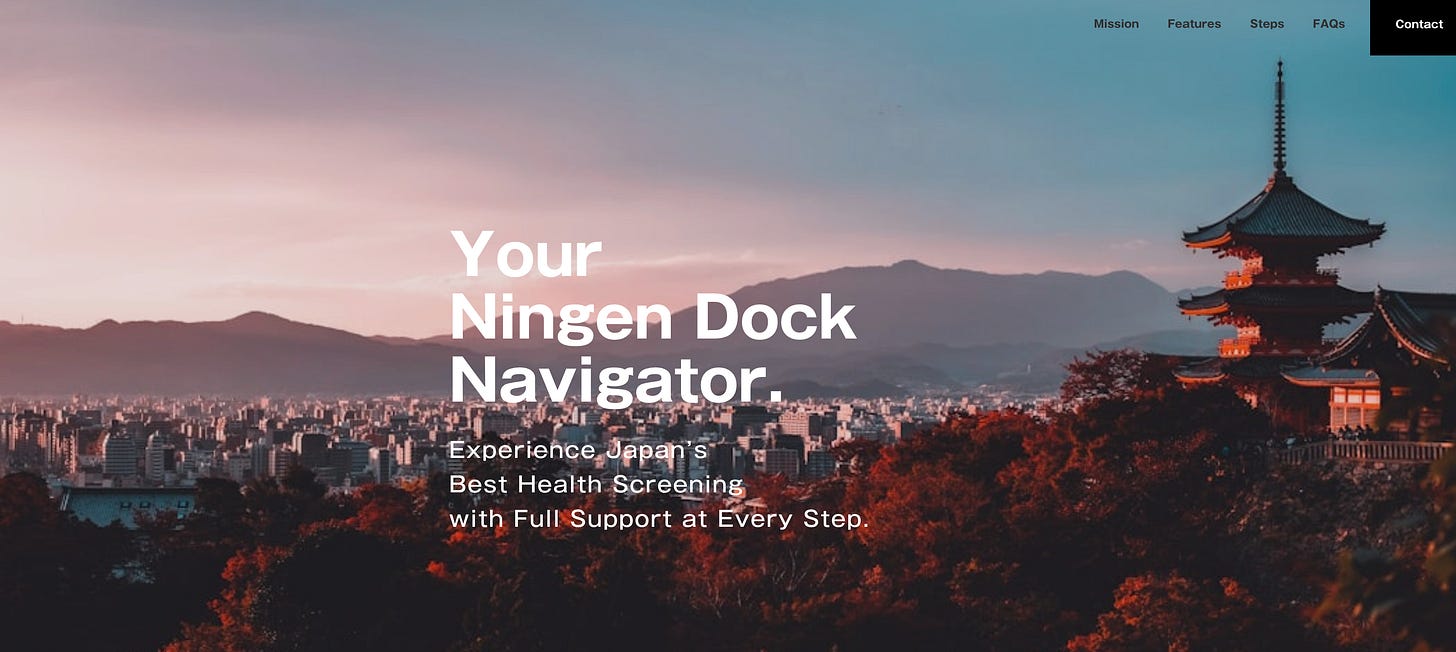Why Do Japanese People Live Long? Breaking Down the Truths, Half-Truths, and Myths You’ve Probably Heard
A Fresh View from a New Doctor Born and Raised in Japan
A quick thank-you to all of you—especially to those who are new here. It really means a lot to have your support, especially after my post about getting my EU medical license!
Today, I want to talk about a question I’m asked all the time.
“Why do Japanese people live such long, healthy lives?”
As someone born and raised in Japan—and now newly licensed as a medical doctor—I’ve thought deeply about this from both a cultural and medical perspective.
The answer? It’s more complicated than you might think. Some popular beliefs are absolutely true. Others are half-right. And a few? Total myths.
In this post, I’ll walk you through what I believe really makes the difference. These are personal reflections, not an official stance—but I hope they’ll give you a fresh, insider perspective on what actually contributes to longevity in Japan.
What You Think: The Most Common Beliefs
In my recent note, I asked: “Why do you think Japanese people live so long?”
Thank you so much to everyone who took the time to respond—I really enjoyed reading your thoughts.
Here are some of the most common answers I received:
Lots of vegetables, seaweed, fish, and fermented soy
Steaming and light cooking methods
Green tea culture
Small portions and little to no snacking
An active lifestyle through daily movement and public transport
Strong social ties and ikigai
Accessible healthcare and regular check-ups
Many of these reflect what I’ve seen growing up in Japan, too. But it made me curious—which of these play the biggest roles, and which ones might be a little overestimated? Let’s take a closer look together.
The Data: What Really Causes Death—and What Japan Gets Right
Let’s start with some hard facts.
Top 3 causes of death (2020):
What does this tell us?
Chronic illnesses—especially heart disease and stroke—are lower in Japan than in the US. Cancer is still high, but Japan’s slower progression of chronic disease makes a huge difference in how long people live.
Chronic Illness: The Real Difference
From a medical point of view, the main risk factors for chronic diseases (like heart disease, stroke, and diabetes) are:
High blood pressure
Cholesterol
Obesity
Poor diet
Smoking
Lack of early detection
Now let’s look at the key areas Japan tends to manage better—starting with food.
1. Japanese Diet: What’s True and What’s a Myth
Yes, the Japanese diet is overall healthier—but let’s break it down.
What’s true:
High consumption of vegetables, tofu, seaweed, and fish
Small portion sizes
Lower red meat and processed food intake
Green tea (antioxidants and no sugar!)
“Hara hachi bu” – stop eating when 80% full
What’s not exactly true:
Low salt? Not really. Japan’s average daily salt intake is over 10g/day, one of the highest among developed nations.
Still, the big picture is:
Even with some flaws (like salty ramen or fried foods), the overall pattern is balanced, minimally processed, and portion-controlled. So yes—it does help.
2. Physical Activity: It’s Actually True
Many people think “Japanese walk more,” and this time—they’re absolutely right.
In general, Japanese people do walk more than Americans. A study found that the average amount of daily walking is
🇯🇵 Japanese: 7,168 steps/day
🇺🇸 Americans: 5,117 steps/day
Public transport culture, walking to stations, and moving through compact neighborhoods definitely play a role.
3. Ikigai and Social Life: Personally, I’m Not Convinced
You’ve probably heard that the concept of “ikigai” (life purpose) and strong social connections help Japanese people live longer.
But personally—I don’t think this is the main factor. Especially in big cities, loneliness is actually a big problem in Japan. Many elderly people live alone, and “lonely deaths” are sadly not uncommon.
So while close-knit communities do exist, especially in rural areas like Okinawa, I think this factor is a bit overestimated.
If you’re curious, I wrote a post about some common misconceptions around ikigai—you might find it interesting!
4. Healthcare in Japan: The Real Hero
Here’s what I believe makes the biggest difference:
Japan’s healthcare system—especially when it comes to chronic illness prevention.
Cholesterol and blood pressure are two major risk factors for heart disease and stroke. In Japan, even if you’re not sick, you’re likely to have these checked regularly.
If you’re employed, you get mandatory annual health check-ups almost for free.
If you’re unemployed or self-employed, the city provides free or subsidized checkups as part of public health programs.
For a more detailed screening, you can do a Ningen Dock, a full-body medical checkup with blood tests, imaging, cancer screening, etc.
It’s part of the culture. Around check-up season, you’ll hear people say things like:
“I should eat less before my check-up.”
“My numbers were worse this year—I’ll be more careful.”
It’s not about fear. It’s just… part of the rhythm of life.
If you want to learn more about Ningen Dock, I’ve written about it before—feel free to check out my posts if you’re curious.
Also, this YouTube video might be interesting for a quick overview!
Want to Try These Habits? Come to Japan.
Here are a few simple Japanese habits you can try—though honestly, the best way to truly experience them is to visit Japan yourself.
Eat until about 80% full
Have you noticed how small many Japanese plates and bowls are? I think it’s a great way to naturally keep your portions smaller. If you want to bring this habit home, consider getting a traditional dishes while you’re in Japan! They make great souvenirs—and using chopsticks also can actually help you eat slower, which is key to feeling full with less food!Drink green tea
Green tea is everywhere in Japan—from vending machines to convenience stores—and it’s almost always unsweetened. Bringing back some Japanese green tea is a great way to enjoy this healthy habit at home. (I’ve written about the benefits and types of green tea if you want to learn more!)Try fish—especially raw or grilled
The quality and variety of fish in Japan are exceptional. Even budget sushi places often offer fresh omega-3-rich options that are hard to find elsewhere.Walk more
You’ll definitely walk a lot while visiting Japan—exploring cities and tourist spots means staying active without thinking about it.Experience a comprehensive health check-up (Ningen Dock)
One unique way to immerse yourself in Japanese longevity culture is to take a full-body health check-up known as Ningen Dock. This comprehensive screening includes blood tests, imaging, cancer screenings, and more, giving you a detailed picture of your health.
Because many procedures and communications during Ningen Dock can be challenging due to language barriers, at Ningen Dock Navigator, I assist people like you with booking and navigating the process smoothly. If you plan to visit Japan multiple times, I think taking Ningen Dock on each trip to track changes in your health—like cholesterol or blood pressure—and catch hidden conditions early.
If you’re a paid subscriber, I also offer:
Weekly detailed exclusive deep-dive guide to Japan & Full Archive
Free first 30-min call
Priority DM responses
Discounts on full-body health screenings (Ningen Dock)
If you’re interested, please consider becoming a paid subscriber—or share this with someone planning a trip to Japan soon!
Last but not least—what are your thoughts?
I’d love to hear your ideas. Maybe you’ve noticed something unique about Japanese longevity or health on your travels?
Hit reply or leave a comment—your insights help shape future posts, and who knows, you might even change my mind!
Thanks for reading all the way to the end!








Thanks you for this Doctor! This is so interesting. The comprehensive check up and awareness it brings to people is so important.
Genes play a role as well.